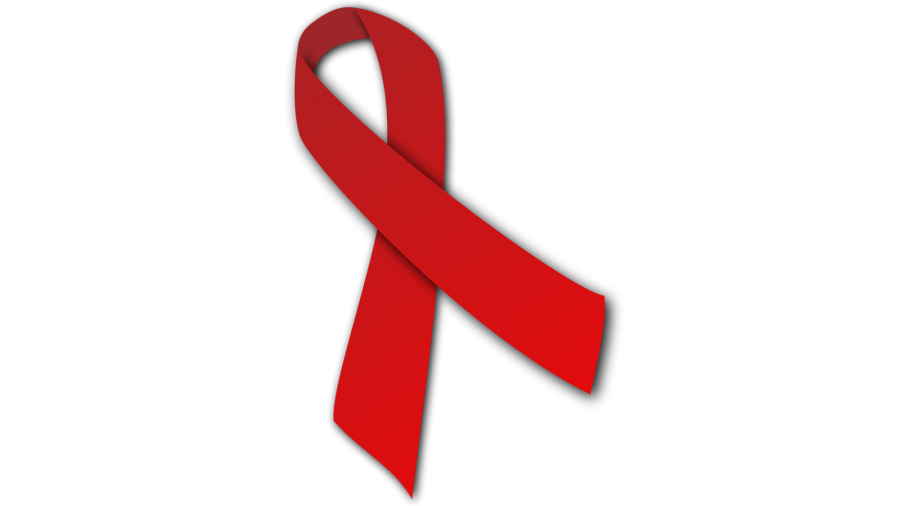Valley
People with HIV affected as lack of essential chemical halts CD4 count service
Hundreds of people living with HIV/AIDS in the country have been affected as the CD4 count service has been halted in at least four centres for over two months now.
Arjun Poudel
Hundreds of people living with HIV/AIDS in the country have been affected as the CD4 count service has been halted in at least four centres for over two months now.
The CD4 count is a test to measure the number of CD4 cells—a type of white blood cell, called T-cells—that move throughout the body to find and destroy bacteria, viruses, and other invading germs.
CD4 count is a must to start antiretroviral (ART) medicines for the people living with HIV and confirm if the medicines are working properly.
The National Public Health Laboratory (NPHL), which provides CD4 count service to people living with HIV for free, said that the service has been halted for the last two months due to the lack of an essential chemical.
“We do not have the reagent to continue the service,” Dr Mukundaa Sharma of the National Public Health Laboratory, said. “We have requested the National Centre for Aids and STD Control (NCASC) for the reagent.”
The centre is responsible for supplying the reagent to the NPHL.
The National Public Health Laboratory used to conduct CD4 count test twice a week before it stopped the service. Over 70 people used to visit the laboratory daily for the service.
Some infected people, who did not know the service had been halted, were forced to return home without the service.
Dilip Bhusal, a member of the National Association of People living with HIV/AIDS in Nepal, said that several people living with HIV, who had reached the laboratory were forced to return without having their CD4 count test on Sunday.
“The NPHL has fixed a quota also for the viral load testing which is not justified,” Bhusal said. He said that over 60 people living with HIV reach the national laboratory seeking both services.
The National Public Health Laboratory, which also provides viral load testing service, said that its main fully automated viral load testing machine lacks the reagent and that too was not supplied by the NCASC. Viral load testing is a measurement of amount of HIV virus in the blood.
The laboratory also operates a semi-automatic machine and a manual machine.
Sharma said that capacities of those machines are low, so the laboratory could not handle more samples.
Taranath Pokhrel, director at the NCASC, confirmed that some centres that provide CD4 count services including the NPHL have stopped services due to the lack of the reagent.
Out of 31 CD4 counting centres run by the NCASC across the country, Pokhrel said, four centres—National Public Health Laboratory, Sukraraj Tropical and Infectious Disease Hospital, Western Regional Hospital, Pokhara and Seti Zonal Hospital, Kailali—lacked reagent. “Reagents supplied to those centres ran out of stock due to a large flow of people living with HIV,” he said. “We have started the process to buy the required chemical.”
According to Pokhrel, the chemical needed for CD4 count test needs be procured from the international market, as it was not available in the local market.
“The Global Fund had committed to providing reagents needed for viral load testing machine and it has already initiated the process to procure the chemicals,” he said.
The Global Fund has been providing financial support to Nepal to combat AIDS, tuberculosis and malaria since 2002 and has been proving financial support in drug, training, treatment, medical equipment and testing services.
According to Pokhrel, his office lacks sufficient budget to buy the required chemicals. “We have requested the Ministry of Finance and the donor agencies for budget.”
Over 16,428 people living with HIV are receiving ART from different ART centres run by the NCASC.
There are an estimated 31,020 people (19,020 male, 12,000 female and 1,192 children) living with HIV Nepal.




 9.7°C Kathmandu
9.7°C Kathmandu














